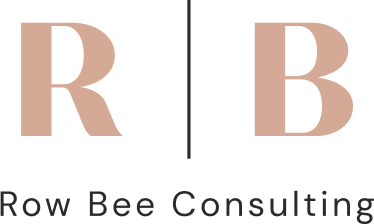Human Resources Project Management: Expertise Equals Success

In today’s dynamic and ever-evolving business landscape, the role of Human Resources (HR) has transcended traditional boundaries. As organizations recognize the strategic importance of HR in achieving business goals, the need for specialized project management in HR-related initiatives becomes evident. This article explores the value of having a Project Manager with a background in Human Resources on HR-specific projects and how it contributes to the overall success of these endeavors.
1. In-Depth Understanding of HR Dynamics:
One of the primary advantages of having an HR professional as a project manager is their profound understanding of HR dynamics. HR projects often involve sensitive issues such as employee relations, talent management, and organizational culture. An HR project manager brings a nuanced perspective, ensuring that the project aligns with HR principles and addresses the unique challenges within the human capital domain.
2. Alignment with Organizational Culture:
HR is intricately linked to an organization’s culture and values. An HR project manager is well-equipped to ensure that HR-specific projects align with the overarching culture and strategic objectives of the company. This alignment not only enhances project outcomes but also fosters a positive employee experience by reinforcing the organization’s identity.
3. Stakeholder Relationship Management:
Effective stakeholder management is crucial for project success. HR projects often involve multiple stakeholders, including employees, executives, and external partners. An HR professional, adept at managing relationships within the organization, is better positioned to navigate the intricate web of stakeholder dynamics, fostering collaboration and buy-in from key players.
4. Expertise in Talent Management:
HR-specific projects frequently revolve around talent acquisition, development, and retention. An HR project manager brings specialized knowledge in these areas, ensuring that the project’s talent-related objectives are met. This expertise extends to creating development plans, succession planning, and fostering a culture of continuous learning within the organization.
5. Mitigation of People-Related Risks:
Human-centric projects inherently carry risks related to employee morale, resistance to change, and potential conflicts. An HR professional as a project manager excels in anticipating and mitigating these people-related risks. Their ability to navigate through these challenges contributes to smoother project execution and minimizes disruptions within the workforce.
6. Compliance and Legal Insight:
HR projects often intersect with regulatory requirements and legal considerations. An HR project manager brings valuable insights into employment laws, compliance standards, and ethical considerations. This ensures that the project is not only successful in achieving its objectives but also adheres to legal and ethical frameworks.
Conclusion:
In conclusion, having an HR professional at the helm of HR-specific projects is a strategic decision that adds significant value to the organization. Their specialized knowledge, understanding of HR dynamics, and ability to navigate people-related challenges make them indispensable in driving successful project outcomes. As HR continues to play a pivotal role in shaping organizational success, having an HR professional as a project manager is an investment in the alignment of projects with the broader strategic goals of the company.

